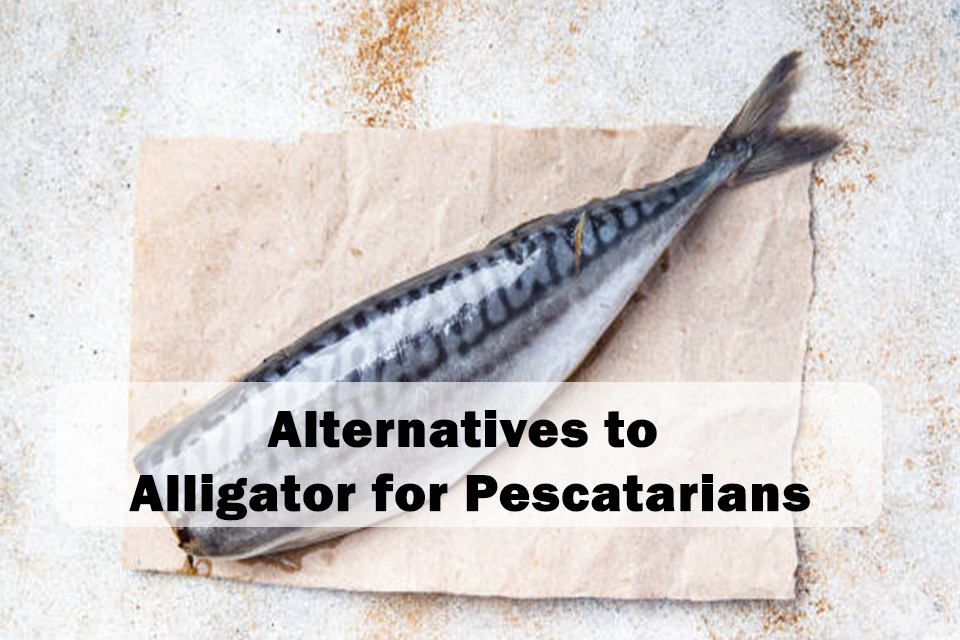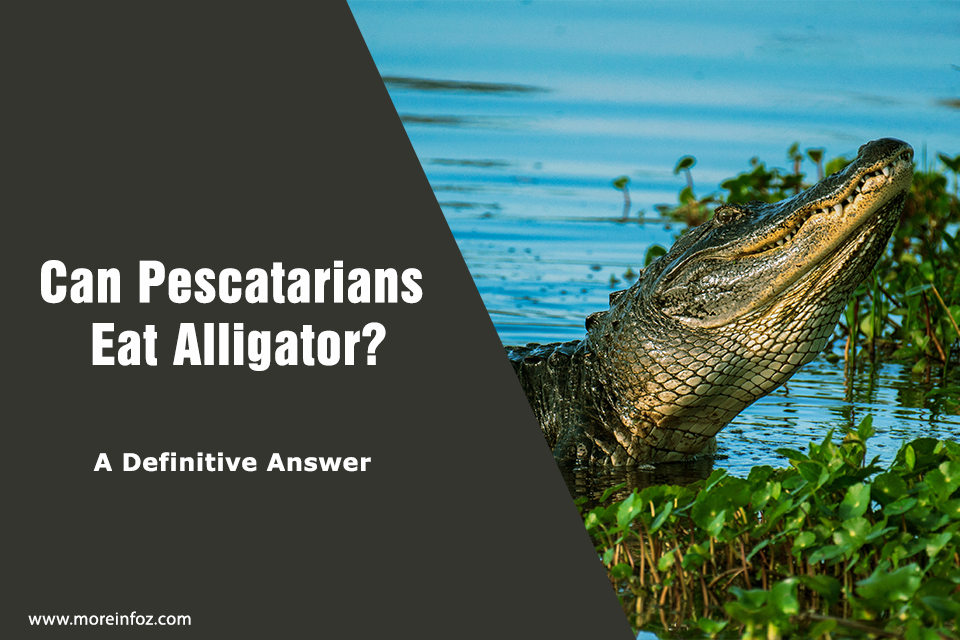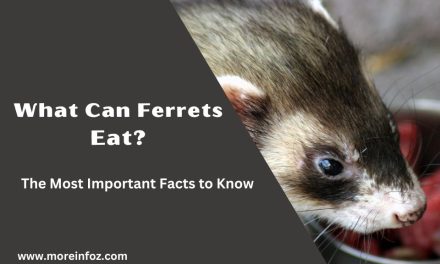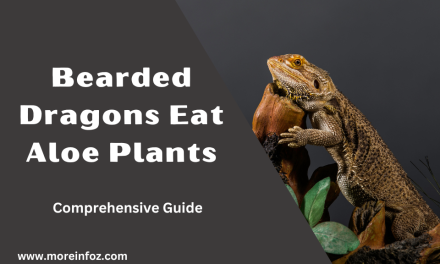Pescatarians are individuals who follow a vegetarian diet but also include fish and seafood in their meals. This dietary choice is becoming increasingly popular, as many people are seeking to reduce their consumption of meat for health or ethical reasons. However, when it comes to seafood, some pescatarians may wonder if certain types of aquatic animals are suitable for their diet. One such animal is the alligator, a reptile that is commonly found in the southern United States.
Alligator meat is considered a delicacy in some parts of the world, and it is often compared to chicken or fish in terms of taste and texture. However, for pescatarians, the question remains: can they eat alligator? The answer is yes, technically. Alligator meat is not considered a fish or a seafood, so it is not off-limits for pescatarians. However, some pescatarians may choose to avoid alligator meat for ethical reasons, as alligators are not typically raised in sustainable or humane conditions.
Understanding Pescatarianism
Definition
Pescatarianism is a type of diet that is similar to vegetarianism, but it allows for the consumption of fish and seafood. This means that pescatarians do not eat meat, but they do include fish and other seafood in their diet. The term “pescatarian” is derived from the Italian word “pesce,” which means fish.
Pescatarianism is often chosen for health reasons, as fish and seafood are rich in protein, omega-3 fatty acids, and other important nutrients. Additionally, many people choose pescatarianism for ethical reasons, as they do not want to consume meat due to concerns about animal welfare or environmental impact.
Key Principles
There are several key principles that are important to understand when it comes to pescatarianism:
- No meat: Pescatarians do not eat meat, including beef, pork, chicken, and other types of meat.
- Fish and seafood allowed: Pescatarians are allowed to eat fish and other types of seafood, including shrimp, crab, and lobster.
- Plant-based foods: Pescatarians often include a variety of plant-based foods in their diet, including fruits, vegetables, grains, and legumes.
- Nutrient balance: Pescatarians need to ensure that they are getting a balanced intake of nutrients, including protein, omega-3 fatty acids, and other important vitamins and minerals.
- Sustainability: Many pescatarians choose to eat sustainably sourced fish and seafood, in order to reduce their impact on the environment and to support responsible fishing practices.
Overall, pescatarianism can be a healthy and sustainable way of eating, as long as it is done in a balanced and thoughtful way. By including a variety of plant-based foods and sustainably sourced fish and seafood, pescatarians can enjoy a nutritious and satisfying diet.
Alligator Meat: An Overview
Nutritional Value
Alligator meat is a lean protein source that is low in fat and calories. According to the United States Department of Agriculture (USDA), a 3-ounce serving of alligator meat contains approximately 232 calories, 46 grams of protein, and only 2 grams of fat. It is also a good source of vitamins and minerals, including niacin, vitamin B12, phosphorus, and potassium.
Culinary Uses
Alligator meat has a mild flavor and a texture that is similar to chicken or fish. It can be prepared in a variety of ways, including grilling, frying, and baking. In some parts of the world, alligator meat is considered a delicacy and is often used in Cajun and Creole cuisine. It is also commonly used in sausages, burgers, and other processed meat products.
When cooking alligator meat, it is important to ensure that it is fully cooked to avoid the risk of bacterial infection. The USDA recommends cooking alligator meat to an internal temperature of 165°F (74°C).
Overall, alligator meat can be a nutritious and flavorful addition to a pescatarian diet. However, it is important to note that the harvesting and farming of alligators can have environmental and ethical concerns, and it is important to source alligator meat from reputable and sustainable sources.
Can Pescatarians Eat Alligator?
Alligator meat is a delicacy in some parts of the world, and it is often served as a protein source in many dishes. However, for those who follow a pescatarian diet, the question arises whether they can eat alligator meat or not. This section will explore the ethical considerations and health implications of consuming alligator meat for pescatarians.
Ethical Considerations
Pescatarians are individuals who follow a vegetarian diet that includes fish and other seafood but excludes meat from land animals. For pescatarians who do not consume meat due to ethical reasons, the question of whether alligator meat is ethical to consume arises.
Alligator meat is obtained by hunting alligators, which can be controversial for some people who believe that hunting is unethical. Furthermore, alligator hunting can have a detrimental impact on the alligator population, which is already under threat due to habitat loss and other factors.
Health Implications
Alligator meat is a good source of protein, and it is low in fat and calories. However, it is also high in cholesterol, which can be a concern for some pescatarians who are trying to maintain a healthy diet.
Moreover, alligator meat can carry harmful bacteria, such as salmonella and E. coli, which can cause food poisoning. Therefore, it is important to ensure that alligator meat is cooked properly before consumption.
In conclusion, pescatarians can technically eat alligator meat, but it is important to consider the ethical implications of hunting alligators and the potential health risks associated with consuming the meat. Individuals who are concerned about the ethical and health implications of consuming alligator meat may want to consider other sources of protein.
Alternatives to Alligator for Pescatarians

Pescatarians are individuals who follow a vegetarian diet but also include seafood in their meals. While alligator meat may be a non-vegetarian option for some, it is not an option for pescatarians. However, there are several alternatives available that can provide a similar taste and texture.
Seafood Options
Pescatarians have a wide range of seafood options to choose from. Some of the popular options include:
- Fish: Pescatarians can enjoy a variety of fish such as salmon, tuna, cod, and halibut. These fish are rich in omega-3 fatty acids and can be cooked in a variety of ways such as grilling, baking, or poaching.
- Shellfish: Shellfish such as shrimp, crab, and lobster are also popular among pescatarians. They are a good source of protein and can be prepared in a variety of ways such as steaming, boiling, or grilling.
- Squid and Octopus: Squid and octopus are also popular seafood options that pescatarians can enjoy. They are low in fat and high in protein and can be cooked in a variety of ways such as frying, grilling, or boiling.
Plant-Based Alternatives
For those who prefer plant-based alternatives, there are several options available that can provide a similar taste and texture to alligator meat. Some of the popular options include:
- Jackfruit: Jackfruit is a popular meat substitute among vegetarians and vegans. It has a meaty texture and can be used in a variety of dishes such as curries, stews, and tacos.
- Mushrooms: Mushrooms are another popular meat substitute that can be used in a variety of dishes. They have a meaty texture and can be grilled, roasted, or sautéed.
- Eggplant: Eggplant is a versatile vegetable that can be used in a variety of dishes. It has a meaty texture and can be grilled, roasted, or fried.
Overall, pescatarians have several alternatives to alligator meat that can provide a similar taste and texture. From seafood options to plant-based alternatives, there are plenty of options available to suit every taste and preference.
Conclusion
In conclusion, while alligator meat may be considered a type of seafood, it is not suitable for pescatarians. Pescatarians abstain from meat, but they do consume seafood. Alligator meat is not a type of seafood, and therefore pescatarians cannot consume it.
Alligator meat is high in protein and low in fat, which makes it a healthy alternative to red meat. However, it is not suitable for pescatarians, who follow a vegetarian diet that includes seafood.
Pescatarians should be careful when consuming seafood, as some types of seafood are high in mercury and other contaminants. They should also ensure that the seafood they consume is sustainably sourced and does not contribute to overfishing or other environmental issues.
In summary, pescatarians cannot eat alligator meat as it is not considered seafood. They should focus on consuming sustainable seafood and avoiding seafood that is high in contaminants.
Frequently Asked Questions
Can pescatarians consume alligator meat?
Yes, pescatarians can consume alligator meat as it is not considered a fish or seafood. Alligator meat is a type of white meat that is high in protein and low in fat, making it a healthy alternative to other meats.
Is alligator meat considered seafood?
No, alligator meat is not considered seafood as it comes from a reptile and not a fish or other sea-dwelling creature. However, it is often served in seafood restaurants due to its unique taste and texture.
Can pescatarians eat alligator eggs?
No, pescatarians cannot eat alligator eggs as they are not considered a type of seafood or fish. Alligator eggs are also not widely available for consumption.
Can pescatarians consume frog legs?
No, pescatarians cannot consume frog legs as they come from a type of amphibian and not a fish or seafood. However, some pescatarians may choose to eat frog legs as a personal choice.
Can pescatarians eat crab?
Yes, pescatarians can eat crab as it is a type of seafood that comes from the ocean. Crab is a good source of protein and is often considered a delicacy.
Can pescatarians eat crocodile meat?
No, pescatarians cannot eat crocodile meat as it comes from a reptile and not a fish or seafood. Crocodile meat is also not widely available for consumption.





